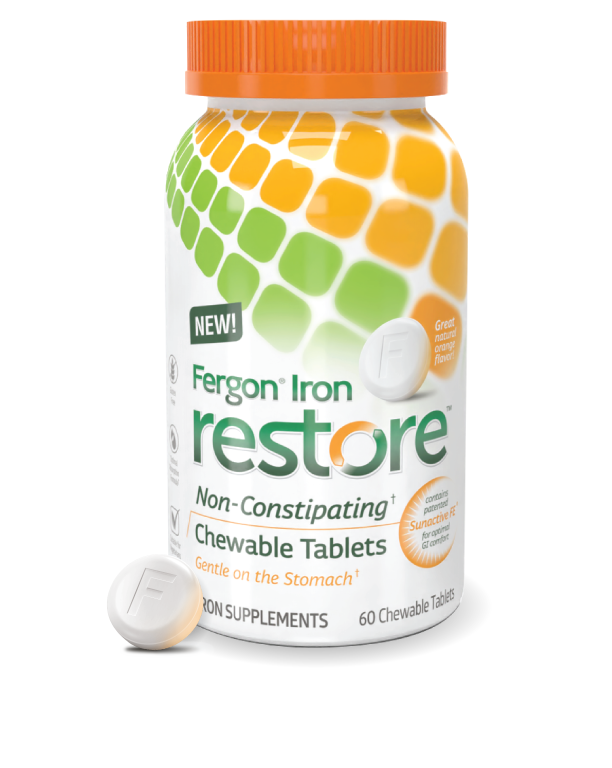There are effective ways for women to prevent iron deficiencies during pregnancy and also during the postpartum period after giving birth. Low iron during pregnancy can lead to negative birthing outcomes like hemorrhage and sepsis. But the impact of inadequate maternal iron intake can also have effects on a child’s health after birth, well into the first few years of life, and into adulthood.
That’s why it is so important for pregnant women to understand that adequate iron doesn’t just affect how they feel, but also how their babies develop early in life. This article addresses how an iron deficiency during pregnancy may affect a child in the early stages of development. These are the postpartum consequences that pregnant women should consider while monitoring their iron levels.
Low Birth Weight
Because newborn babies of iron deficient mothers have missed out on essential iron accrual before birth, they are more susceptible to premature birth and low birth rate. This is especially problematic if the mother did not consume enough iron during the third trimester. Low birth rates come with a range of complications and potential health issues in babies.
Stunted Physical Growth
Not only can low iron levels impact a baby’s weight at birth, but the weight could remain stunted for years to come. Slow physical growth can affect a child’s performance in school, during activities, and on self-esteem.
Delayed Brain Development
A baby’s brain begins to develop rapidly in the third trimester, and if the mother does not have enough iron, her baby’s brain development could be delayed. The hippocampus is the part of the brain that is closely associated with learning and memory, and this part requires iron to develop to its fullest potential before birth.
Research shows that a child’s brain typically reaches 80 percent to 90 percent of the adult volume during the first two years of life. Low iron has been linked to poor mental development before the age of 10.
Language and Motor Skills
With delayed brain development, language and motor development difficulties can result as well. Low iron stores in newborn babies often persist for up to a year and result in iron deficiency in the child.
Not only can low iron levels lead to delayed cognitive functioning in young children but also their social and emotional development. However, breastfeeding may help to protect newborn babies and supply them with the iron they need to overcome a deficiency.
Early Mortality
Research surveys have shown that the risk of infant mortality in the first year of life is often greater when the mother did not have enough iron during her pregnancy. Of course, there are many factors involved in mortality risk, but low iron stores play a role.
Iron Supplementation for Pregnant Women
Since pregnant women share the vitamins and nutrients they consume with their unborn babies, it is important to discuss all deficiencies and supplement treatment plans with a trusted obstetrician. Iron supplements like Fergon may be recommended to make up for iron loss during pregnancy. However, each woman’s body is unique and responds differently to nutrient types and concentrations.

